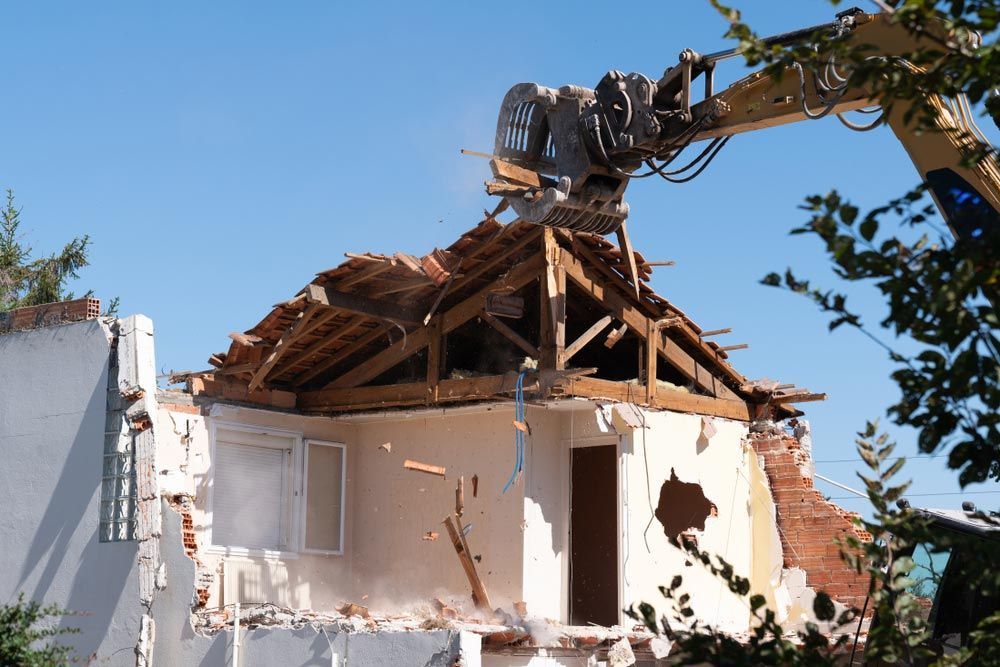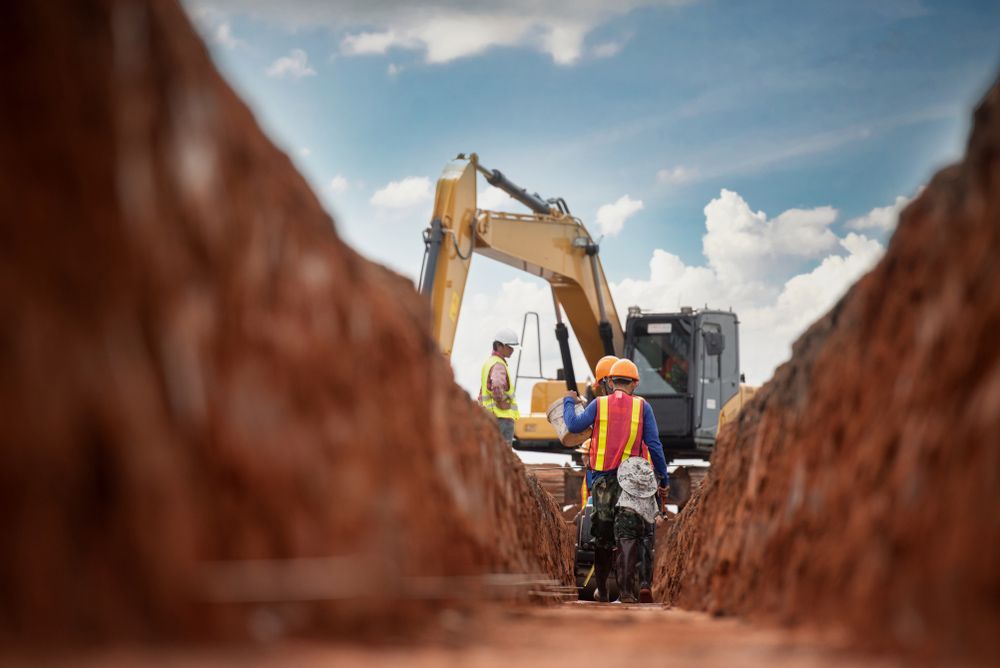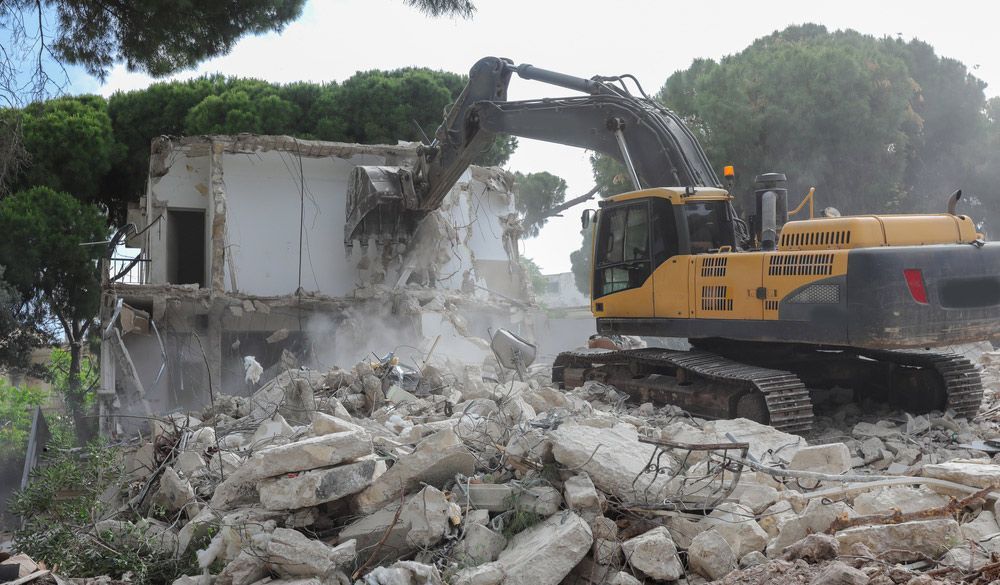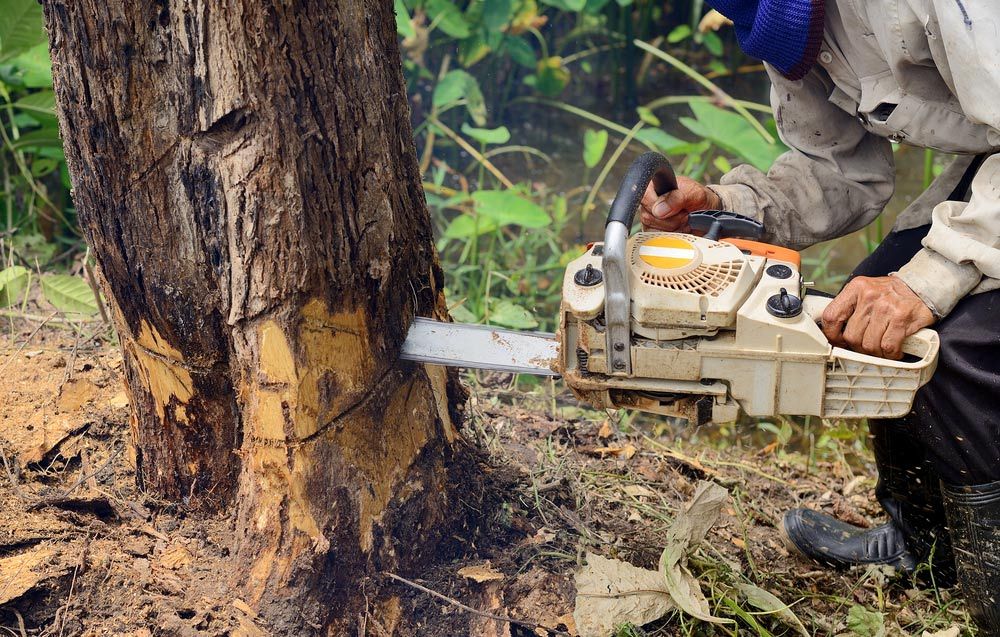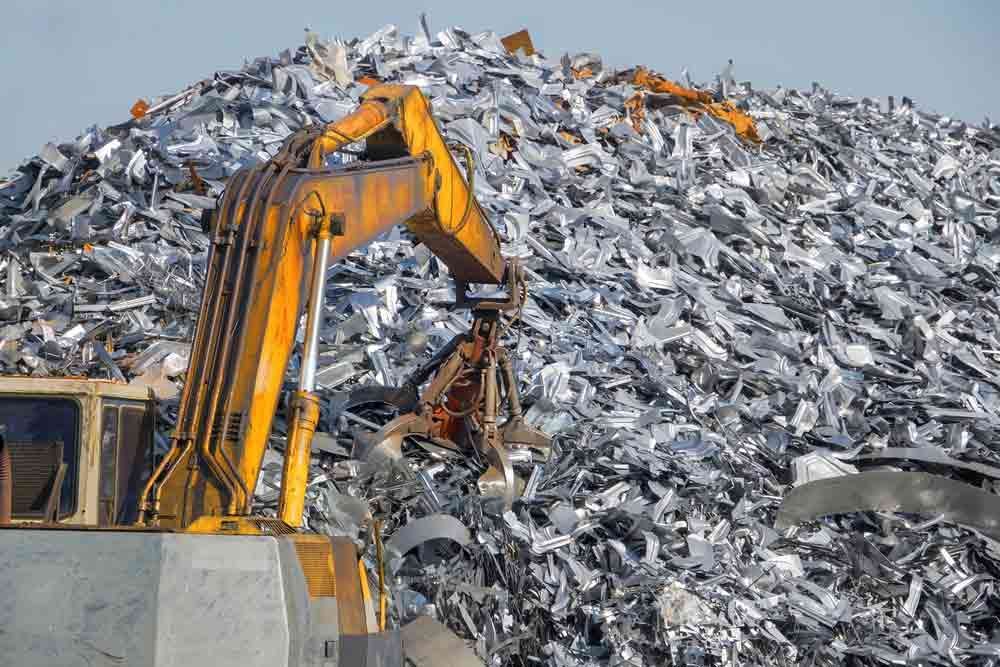Blog
Understanding Soil Types for Effective Excavation
Admin | November 12, 2024
Knowing the soil type on a project site is crucial to planning and executing a successful excavation. The soil conditions impact everything from equipment selection to excavation techniques, timelines, and costs. Here’s a guide to understanding the different soil types for excavation and why they are crucial in project planning.
Why Soil Knowledge is Essential Before Excavation
Before breaking ground, it’s essential to understand the soil composition at the site. Soil types influence excavation difficulty, equipment needs, and safety measures. For instance, clay-based soils are highly cohesive and can retain water, making them challenging to dig and prone to collapse when dry.
In contrast, sandy soils are more porous, which can cause them to shift or erode under pressure. Understanding these characteristics helps ensure a smooth excavation and avoids unexpected delays or hazards.
Insight:
Knowing the soil type allows project managers to budget accurately, choose the right equipment, and maintain project timelines, resulting in a safer, more efficient excavation.
Methods for Determining Soil Composition & Classification
To classify soil effectively, engineers use various soil testing methods. Common tests include:
- Visual Inspection: A simple but valuable first step, visual inspection can reveal basic characteristics like soil colour, texture, and layering.
- Soil Sampling & Laboratory Testing: These tests analyse soil composition, including moisture content, density, and plasticity. Laboratory tests, such as sieve analysis for particle size distribution, provide precise information.
- In-Situ Testing:
Techniques like the Standard Penetration Test (SPT) and Cone Penetration Test (CPT) assess soil density and strength directly on-site, offering insights into soil stability under excavation.
How Different Soil Types Affect Excavation Equipment & Techniques
Different soil types present distinct challenges and require specialised equipment and excavation techniques:
- Clay Soils: Due to their cohesive nature, clay soils can be dense and sticky, making them difficult to dig with standard machinery. Excavators with extra digging power and bucket teeth for breaking up clay may be required.
- Sandy Soils: Sandy soils tend to shift and erode easily, so excavation techniques that minimise soil disturbance are preferable. Heavy-duty shoring or stabilising equipment may be necessary to prevent collapse.
- Silty Soils: Silty soils can become unstable when wet, creating a risk of landslides. Draining the area or choosing machinery that can handle high moisture conditions is crucial for safe excavation in silty environments.
- Gravelly or Rocky Soils: Hard soils with gravel or rock content may require specialised rock-breaking equipment or even explosives in extreme cases. This can increase project costs and time.
Key Considerations for Excavation Planning Based on Soil Analysis
Soil analysis not only influences equipment choice but also dictates the overall approach to excavation. Here are some key considerations:
- Safety & Stability: Understanding soil stability is essential for maintaining safe excavation sites. Cohesive soils like clay require adequate support to prevent cave-ins, while loose soils, such as sand, need careful handling to avoid collapse.
- Drainage Requirements: Some soils, especially those with high silt or clay content, retain moisture. Proper drainage solutions, like temporary trenches or pumps, may be needed to keep the excavation area dry.
- Cost & Time Management: Rocky or challenging soils often require more excavation time and effort, impacting the project budget. By analysing soil types upfront, project managers can plan for these challenges, allocate resources effectively, and mitigate potential delays.
- Environmental Considerations:
Soil composition affects excavation and how the land responds to environmental conditions afterwards. To maintain site integrity, project planners should account for erosion control, especially in sandy or silty soils.
Ensure Safe & Efficient Excavation—Schedule Your Consultation!
At
Boland Contracting, we offer comprehensive excavation services tailored to meet the unique demands of each project site. Our team’s expertise ensures each project is planned and executed with the right techniques, equipment, and safety measures tailored to the unique soil conditions of every site. Discover how our tailored excavation services in
Wellington
can bring your project to life—reach out to us today!

